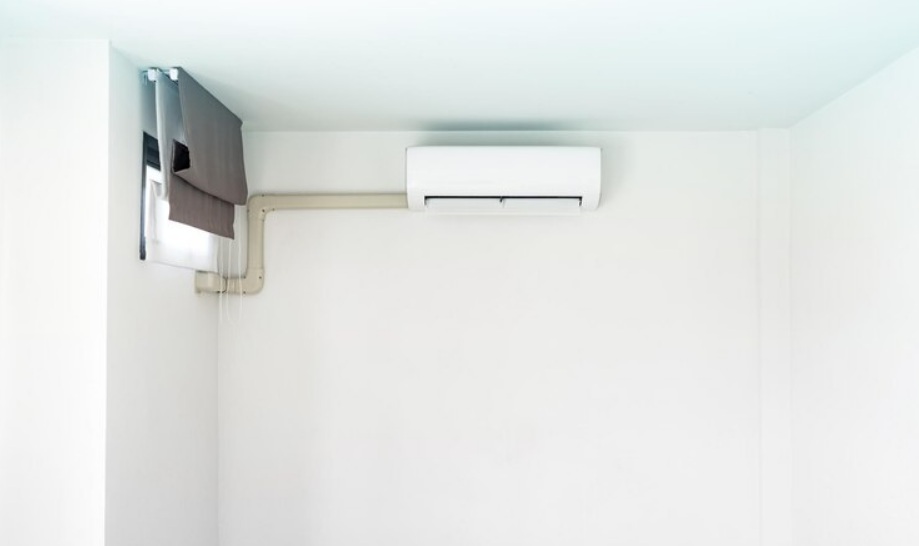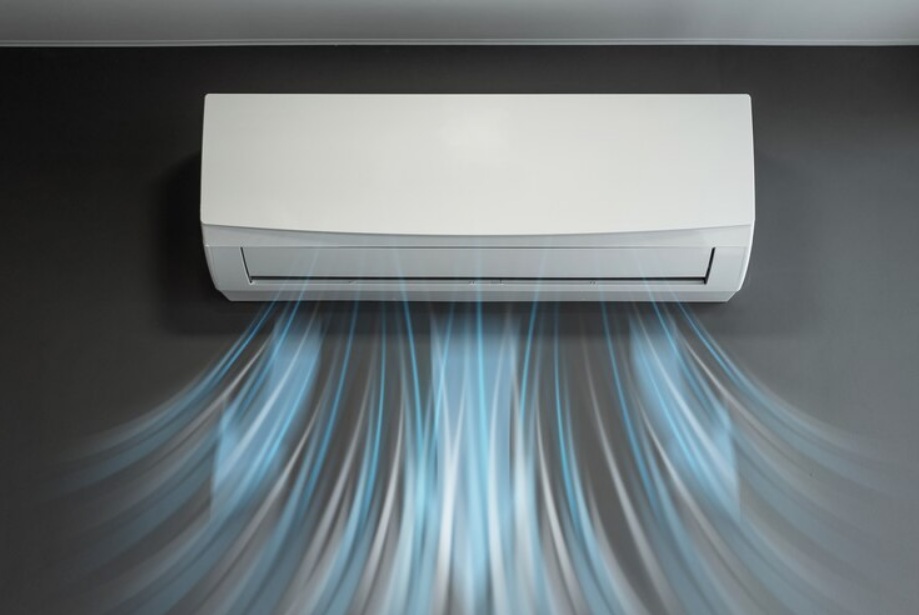When temperatures soar during Blue Ridge summers, residents count on their AC systems to keep the indoor climate cool and comfortable. But as these units run more frequently, there’s more condensation created behind the scenes. That moisture needs to go somewhere, and when the AC condensate drain clogs up, it can lead to water damage, system shutdowns, and other frustrating problems many homeowners aren’t prepared for. Even though it’s out of sight, this small part of the system has a big role to play.
Ignoring a clogged condensate drain may seem like a minor issue at first, but it often signals something is wrong inside the system. If left untreated, it can snowball into larger, more expensive problems. That’s why understanding what causes these clogs and spotting the warning signs early on makes a big difference in keeping cooling systems working properly throughout the season.
Common Causes Of AC Condensate Drain Clogs In Blue Ridge Homes
Clogs in an AC condensate drain usually don’t appear out of nowhere. Over time, materials build up in the drain line and trap water inside, which causes the system to back up. In humid climates like Blue Ridge, this can happen more quickly than some homeowners might expect. Here are the most common causes behind these blockages:
- Dirt and debris accumulation: Dust, pet hair, and household dirt can blow into the system, mix with water in the drain pan, and slowly collect inside the line.
- Mold and algae growth: Warm temperatures and moisture make perfect conditions for biological growth in the drain line, especially during long stretches when the AC runs constantly.
- Pipe misalignment or mechanical issues: If the pipe is not sloped correctly or ends up slightly disconnected, water can pool in the wrong places and help form a clog faster.
In one example, a homeowner in Blue Ridge thought a puddle near their AC unit was a spilled drink. It turned out mold had clogged the line, causing water to drip onto the floor every time the AC cycled. That hidden leak soaked the surrounding carpet and led to air quality issues like mildew odors and allergy flare-ups. This wasn’t only uncomfortable — it was harmful and expensive to fix. That’s why understanding what causes these clogs can help residents catch the issue early before it spreads.
Warning Signs Your AC Condensate Drain Is Clogged
Spotting a clogged drain early can help prevent water damage and protect the rest of the cooling system. Homeowners in Blue Ridge should stay alert for the following warning signs, especially during the height of summer use:
- Water pooling around the indoor unit, especially unexpected puddles on the floor
- The AC system shutting off without warning or struggling to turn back on
- Musty or mildew smells coming through the air vents
- Visible mold, mildew, or rust stains near the condensate pan or drain line
Even one of these signs might mean there’s a blockage forming. When ignored, a clogged drain doesn’t just bother the homeowner with strange smells or wet floors — it can also lead to serious AC damage. Systems are designed to shut down in these situations as a fail-safe to prevent larger mechanical problems. If that’s happening, it usually means professional attention is needed. Catching these symptoms early can help keep repair needs lower and prevent bigger disruptions during peak usage.
Steps To Prevent AC Condensate Drain Clogs
Once a clog forms in the condensate drain, it can lead to a chain of issues for Blue Ridge homeowners. It's better to prevent it altogether. There are practical steps homeowners can take to keep those drain lines clear and functioning as they should, especially during high-use months in the summer.
Here are a few proactive ways to lessen the chance of clogs:
- Schedule regular maintenance: Having a trained technician inspect and maintain the AC system at least once a year helps prevent buildup. This includes checking drain lines and removing early signs of obstruction.
- Install a condensate trap: These devices help keep air from going up the drain line and reduce the chances of blockages caused by suction or backflow.
- Use an algaecide treatment: Algae and mold are common problems in drain lines. Simple treatments can stop unwanted organic growth before it causes trouble.
- Check pipe alignment: Pipes that are sagging, loose, or not angled properly allow standing water to collect. Ensuring the condensate lines have proper slope lets water move through the system and out of the house smoothly.
One Blue Ridge homeowner had a history of clogs and water leaks every other summer. After getting regular inspections set up and replacing an outdated drain line trap, they noticed a big change. Their AC ran cleanly the entire season, and no surprise puddles showed up inside.
These small maintenance steps, when done regularly, can make a big difference in the long-term performance of the system. They also give homeowners peace of mind when their AC is running every day during peak heat.
Why Professional Help Matters For Drain Issues
It’s easy to overlook the drain line when things seem to be working fine. But once water starts pooling or the AC suddenly shuts off, most homeowners discover it’s not something they can handle on their own. Drain clogs can be harder to access and fix than expected, especially if fungus or debris has spread through the line.
Our technicians have the tools and experience to:
- Locate clogs quickly without guessing where the blockage may be hiding
- Use proper suction, flushing, or cutting tools without damaging the system
- Diagnose and resolve bigger issues that may be leading to recurring clogs
- Prevent leaks and structural water damage before they start
Relying on our professionals to fix these drain problems is the safest way to get the issue handled the right way the first time. A deep clog inside the tubing or mold build-up around the pan usually needs more than basic cleaning. If the AC is shutting down or showing signs of irregular drainage, it’s time for a proper inspection.
Keeping AC Performance Steady In Blue Ridge Homes
A smooth-running AC system depends on much more than thermostats and cool air. Keeping water flowing properly through the condensate drain is key to making sure the rest of the unit doesn’t struggle or break down under pressure. During the hotter months in Blue Ridge, when the AC is logging hours every day, this part of the unit works harder than usual.
A clean, properly aligned drain line helps reduce stress on internal components and lowers the chance of moisture damage near walls and ceilings. It also helps maintain good indoor air quality by preventing musty odors and mold growth near the vents.
Regular maintenance combined with early action makes it possible to spot hidden problems that many homeowners never think about. Drainage issues can sneak up quickly. When they’re ignored, they can shut the system down without much notice. Treating the AC system as a full unit — not just focusing on airflow — helps Blue Ridge residents stay cool and avoid sudden breakdowns.
Focusing on long-term performance doesn’t require major upgrades. It starts with keeping simple components like the drain line working the way they’re meant to. When that part of the system goes unnoticed, it tends to cause the most problems at the worst possible time. Addressing it early is the first step in keeping cooling systems reliable throughout the season.
When a clogged condensate drain leads to system shutdowns and potential water damage, Hans Heating and Air understands how critical it is to keep your cooling system functioning efficiently. Our professionals are here to provide reliable air conditioning repair in Blue Ridge that helps maintain your unit’s performance and prevents costly issues. For a quick estimate or to book a service visit, please contact us today.

















